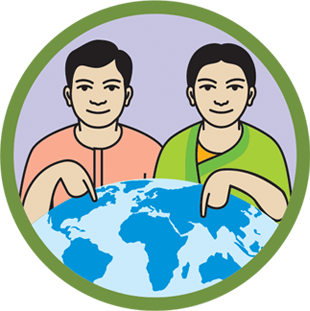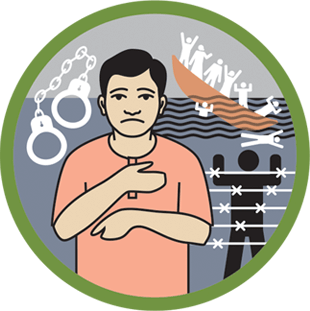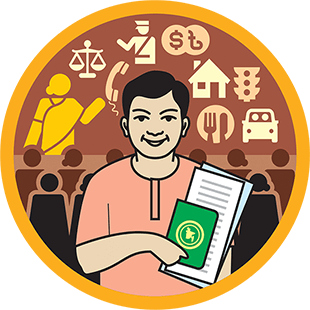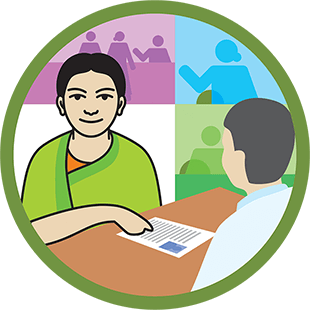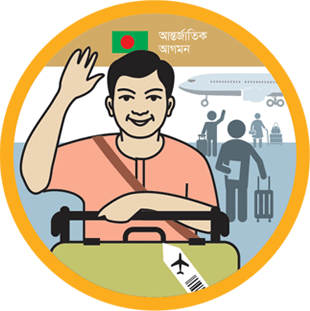
State policies and countries’ laws and regulations prohibits irregular migration due to its impact and consequences both to the migrants and to the country as well. One of the purposes of the Migrant Resource Centres is to conduct information campaign and community outreach to educate and inform the public about the dangers and consequences of irregular migration. Most often than not, it is connected or resulting from trafficking of human beings or smuggling of migrants. These acts have various consequences to the migrants – they are vulnerable to abuses in other countries due to absence of legal status or contracts; they can be arrested, imprisoned or deported anytime; they have limitations in availing some social services such as health insurance, etc.

Upon arrival in destination countries and after long period of stay, diaspora or migrant organizations are formed among the migrants for various purposes such as social or professional networks or because they are connected by same place of origin.
If allowed in other countries, migrants can acquire the citizenship of the host country or permanent residency after compliance with rules and requirements (e.g. 5 years of stay in US, 2 in Spain, 7 in Hong Kong). In some instances, dual or triple citizenship is allowed – that is, you acquire the citizenship of your host country without losing your citizenship from your origin country.
Other scholars categorise migrants as economic, political and environmental migrants. Refugees and asylum seekers are also considered migrants but are covered under specific laws.





